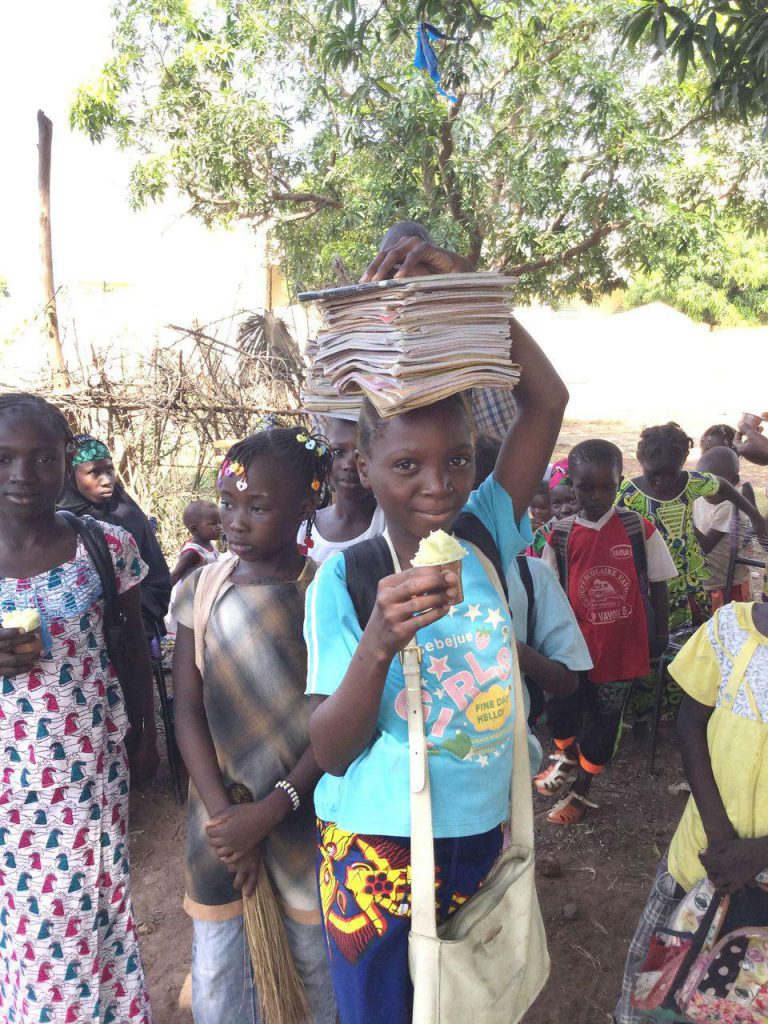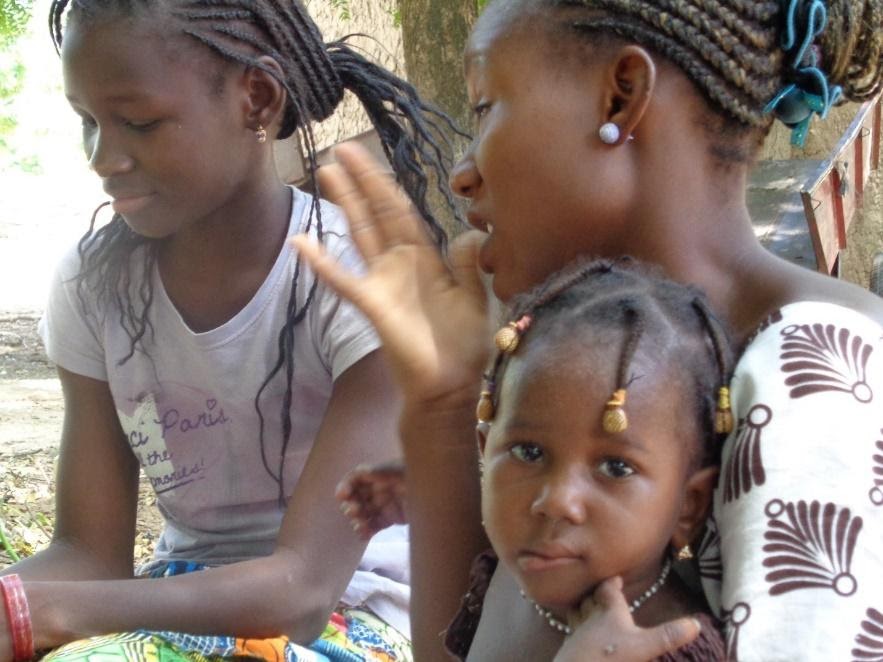Nutrition in Mali and Burkina Faso
The nutrition status of children is very worrying in Mali and Burkina Faso. According to demographic and health surveys 38% of Malian children suffer from chronic malnutrition and 19 percent have stunted growth, sometimes with a high risk of mortality. While in Burkina Faso 25% of children are stunted from malnutrition. More than half a million children under five in Burkina Faso are acutely malnourished (UNICEF).

Undernutrition can have significant long-term physical, cognitive, and socioeconomic impacts on a child’s development, as well as on the future economic success of the country. Animal sourced food consumption, such as milk, meat and eggs, improves growth, nutritional status, cognitive development, and health in children but is not regularly included in the diet of women and children.
Small ruminants and poultry are often used for ceremonies and religious holidays or sold for quick cash for emergencies or for school supplies, clothing, and other necessities but not generally used in family meals. Sheep, goats, and poultry are easily transported and sold at the weekly live animal markets and act as a savings account. Supplementing meals with home grown vegetables is also not common. Produce is grown with much hand labor and generally sold at roadside markets to urban residents for critical income. Our trainings improve family’s intake of nutritious foods critical for human development, particularly pregnant and lactating women and children.
Importance of Nutrition
Agricultural development and nutrition are intimately interconnected.

Women and young girls are key actors at the household level and manage vegetable production, small ruminant care, water sourcing, family nutrition and in their spare time support cropping and harvesting. Introduction of technologies and modern livestock management systems helps reduce women’s workloads and enable them to direct their time to produce profitable products.
How You Help
Your donations will help volunteers work with young mothers and their families on nutritional concerns to improve the daily diet of children and youth through healthy food and protein choices.

